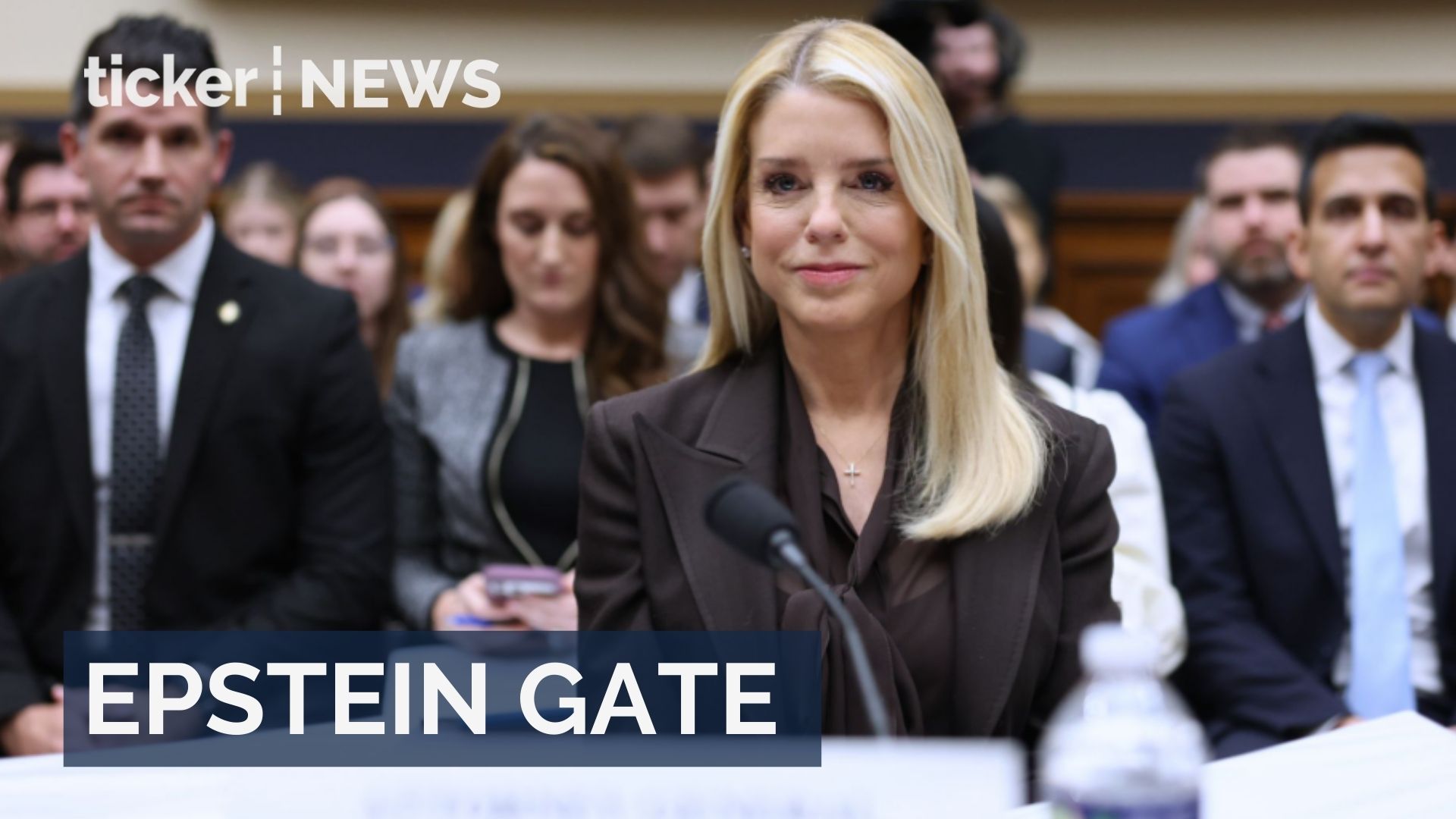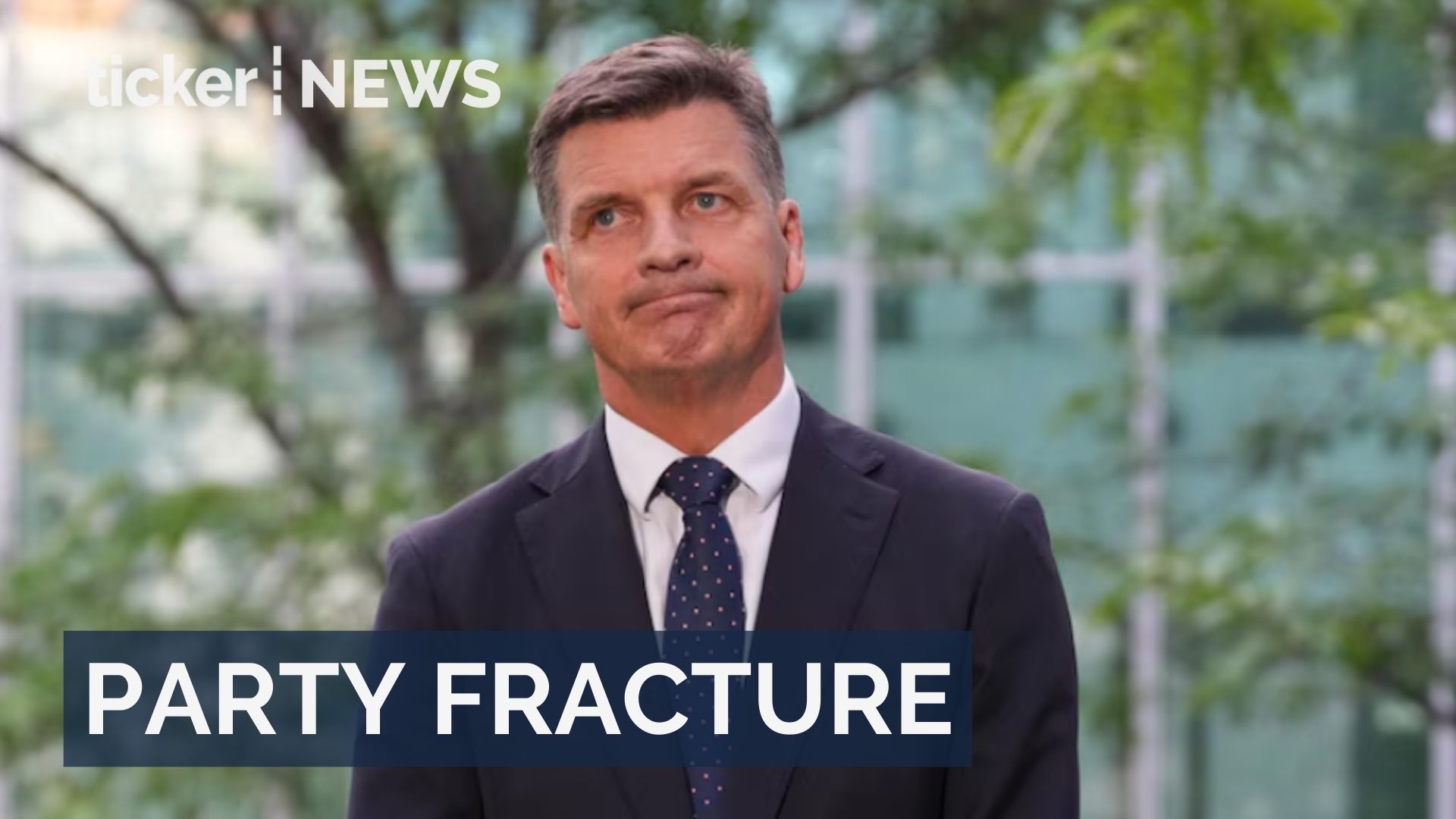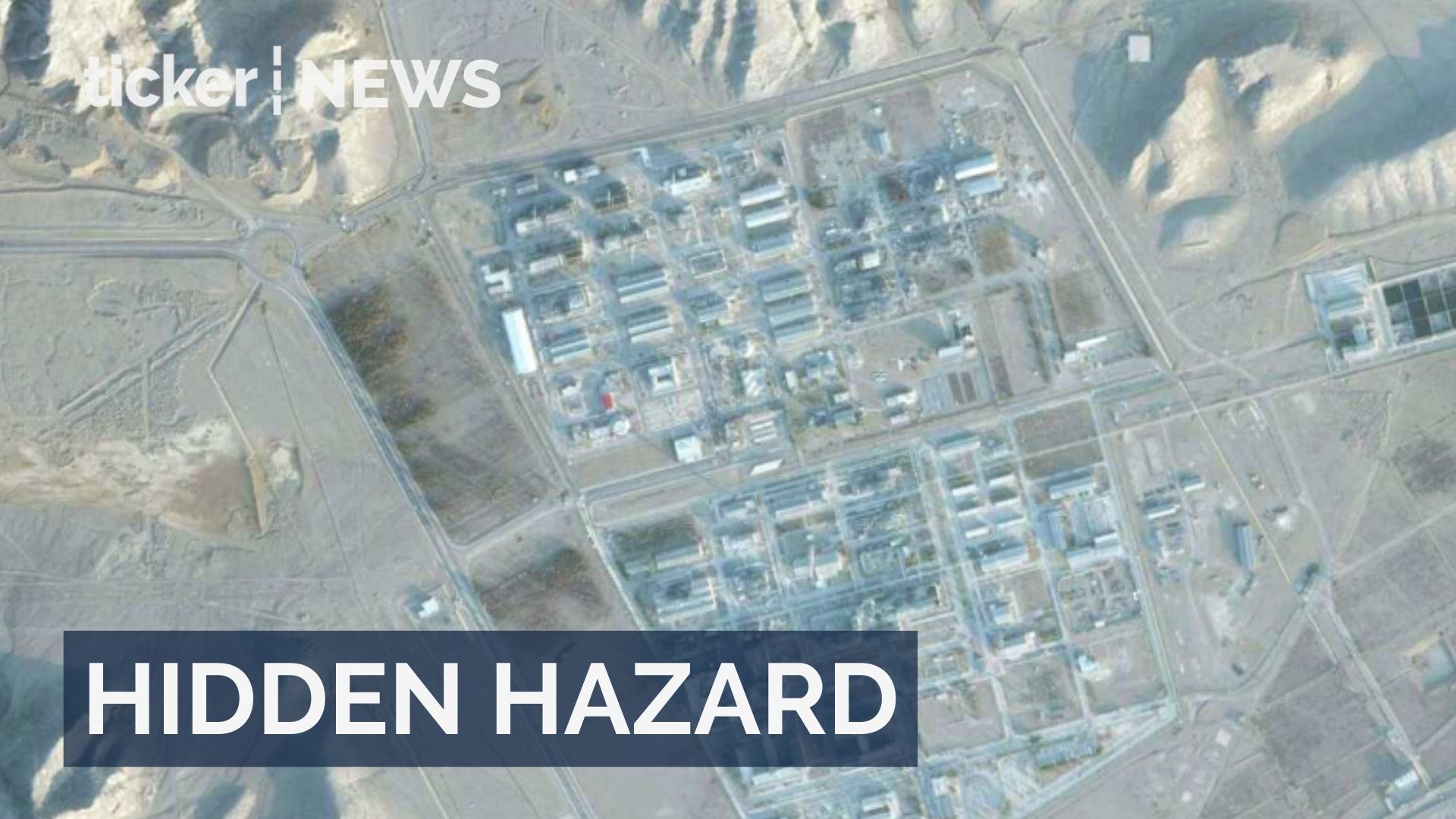News
NATO: China calls the US “very sick indeed”
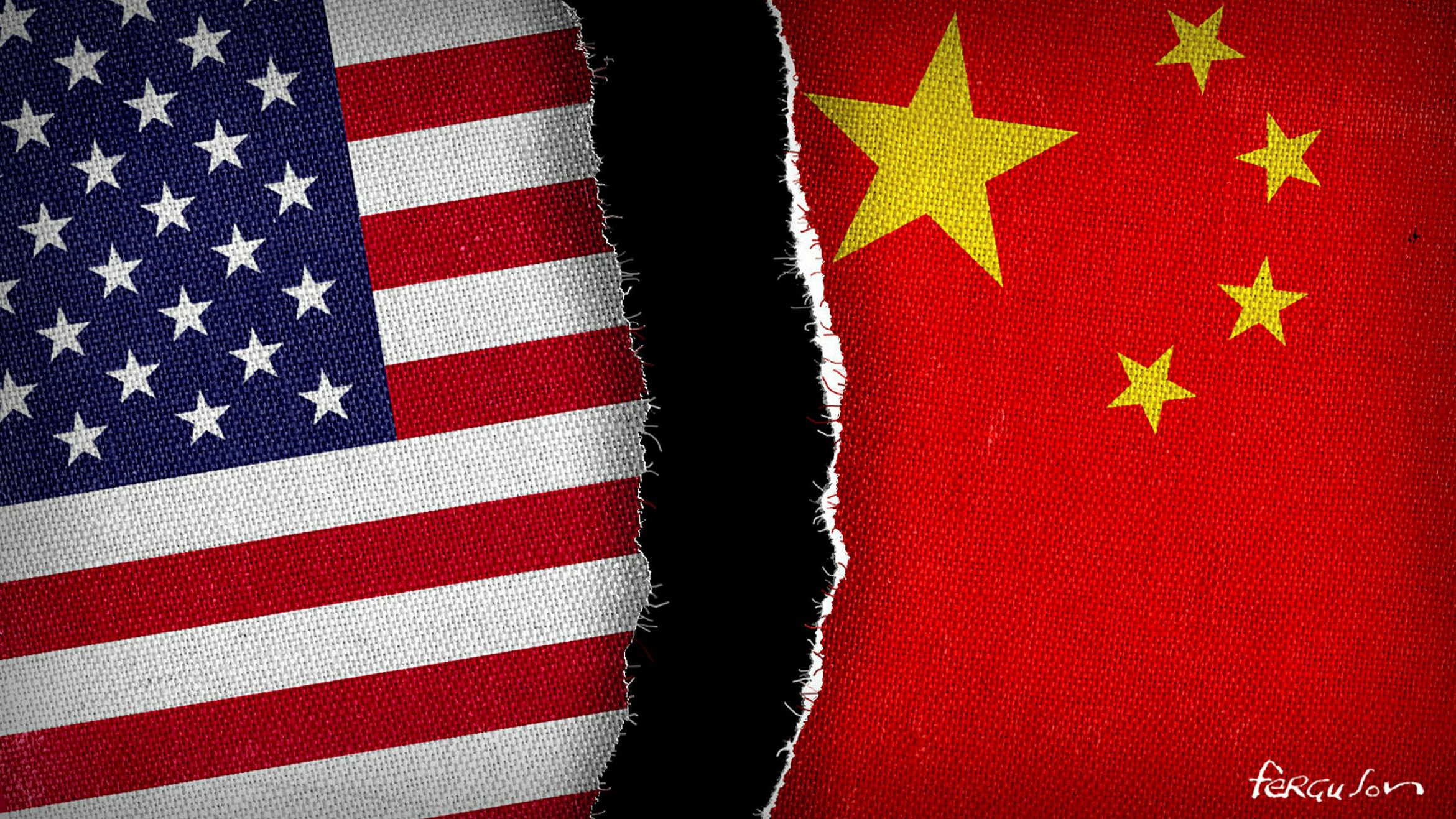
News
Epstein hearing explodes over redactions and hidden names
Lawmakers accuse AG Pam Bondi of hiding Epstein-linked names amid congressional hearing, questioning redactions related to billionaire Wexner.
News
Angus Taylor moves to challenge Sussan Ley for party leadership
Angus Taylor resigns from Coalition frontbench to challenge Sussan Ley amid Liberal Party divisions and declining poll support.
News
Iran buries nuclear site entrances amid rising tensions with the U.S.
-

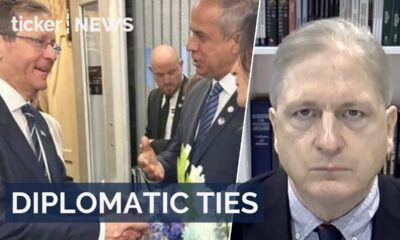

 Ticker Views3 days ago
Ticker Views3 days agoIsraeli President Herzog visits Australia amid rising antisemitism
-



 Tech3 days ago
Tech3 days agoClaude AI is transforming software engineering and productivity
-



 Ticker Views1 day ago
Ticker Views1 day agoLunar Gateway faces delays and funding debate amid Artemis ambitions
-



 News4 days ago
News4 days agoRussia missile strikes force Ukraine nuclear plants offline amid safety fears
-

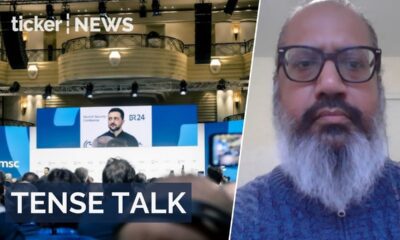

 Ticker Views2 days ago
Ticker Views2 days agoU.S. ambassador responds to NATO criticism at Munich Security Conference
-



 News3 days ago
News3 days agoJapan election delivers commanding win for ruling LDP
-



 Money3 days ago
Money3 days agoTech stocks slide as investors rotate into small-cap and value plays
-

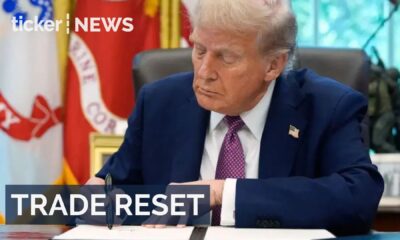

 News5 days ago
News5 days agoTrump lifts India tariffs after New Delhi halts Russian oil imports



